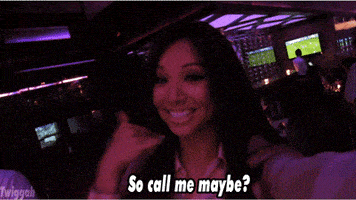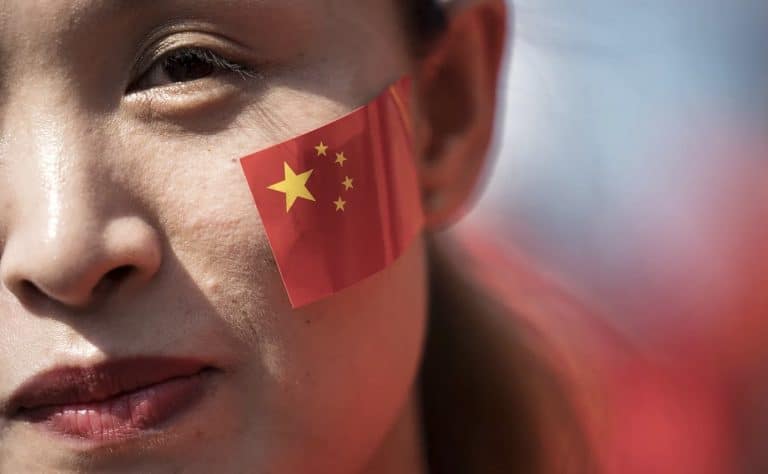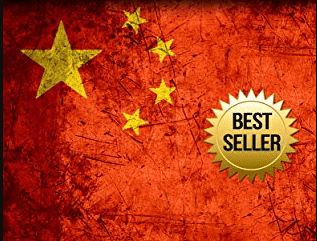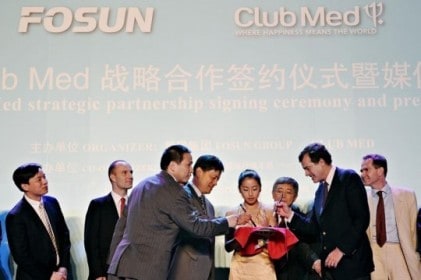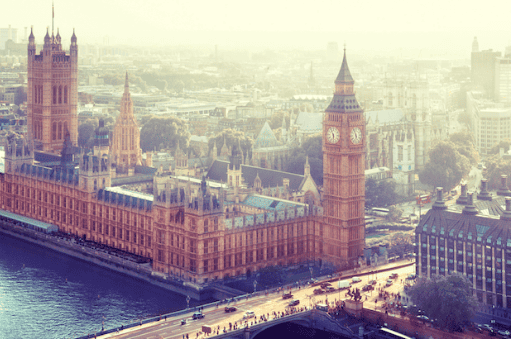Problems and opportunities in the entertainment industry in China
2022 the Chinese entertainment industry is changing totally. New regulation, trends, new platforms… it is a total digital revolution linked with stronger governement control ever.
Earlier this month, a new regulation was issued in China regarding the entertainment industry. It affects all media: radio, television, internet platforms and affects all actors of the entertainment world, including stars, fans and entertainers.
The latest trends in the entertainment industry in China
If you want to know more, read on.
- President Xi Jinping’s new entertainment guidelines
- The eight points on entertainment regulation in China
- China bans men who don’t fit Chinese male standards from TV
- Online fan culture at center of crackdown
New entertainment guidelines imposed by President Xi Jinping
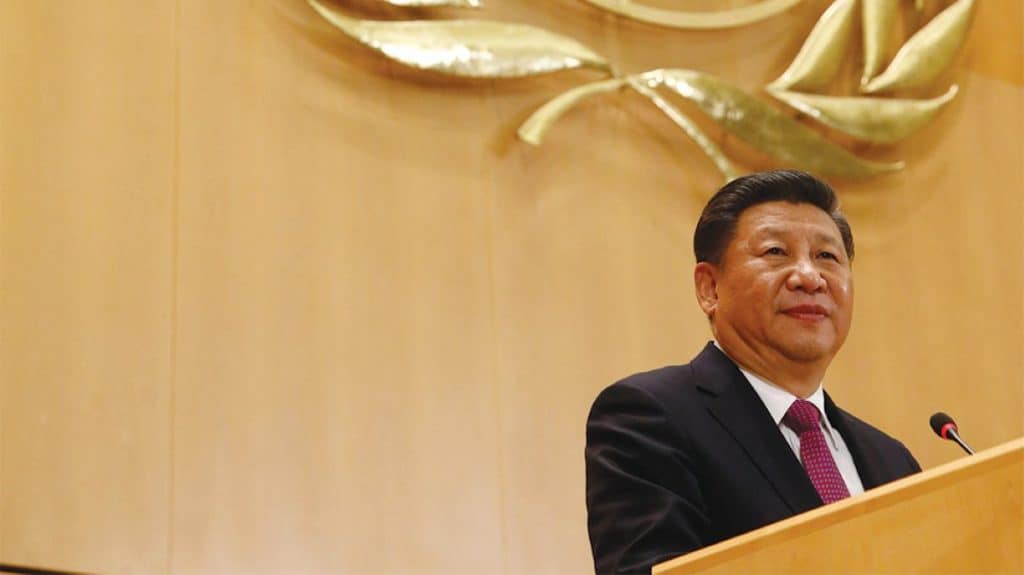
Following a statement by the Chinese administration on its official website last June, about fans who were “disrupting the pure and healthy online ecosystem” due to arguments and false rumors online, the crackdown on entertainment was born. Chinese authorities added that the fan culture “harms the mental and physical health of young people”. Chinese President Xi Jinping demanded to bring order to the entertainment industry in early September. This includes limiting artists’ salaries, curbing fandom (fan group) culture and banning movie stars with “politically incorrect” opinions.
China’s broadcasting regulator has urged TV stations and Internet platforms to “strictly control the selection of actors and guests for shows, ensuring that they have a correct political stance, good conduct, high artistic level and strong social credit,” according to a statement from the National Radio and Television Administration (NRTA).
The eight points on entertainment regulation in China
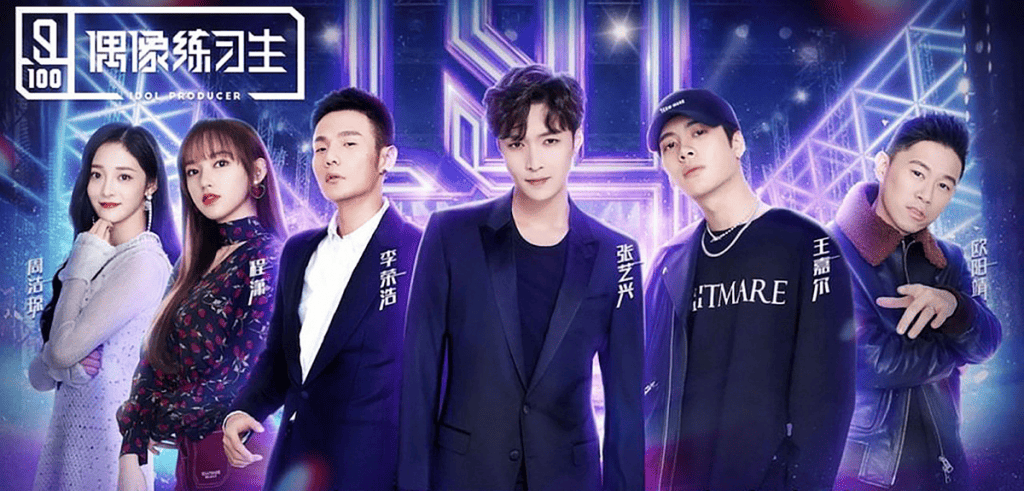
The NRTA also released the following eight-point plan, which calls for “further regulation of art and entertainment shows and associated personnel”:
- Radio, television and Internet platforms should not employ performers and guests who hold incorrect political positions, violate laws and regulations, or speak or behave in ways that violate public order and morality.
- They shall not conduct idol selection shows or shows featuring the children of celebrities. Programs must strictly control voting. They may not encourage fans to make purchases or buy memberships to vote for their idols.
- Promote traditional culture and create a correct standard of beauty. Stay away from gossip, “sissy idols”, big money and vulgar celebrities on the Internet.
- Refuse to pay high salaries to artists. Create rules about how shows pay guests; encourage celebrities to appear on charity shows; and punish moonlighting contracts and people who try to avoid paying taxes.
- Create rules for those who work in the entertainment business. Provide professional and moral training. TV hosts must be licensed, and their activity on social networks will be monitored.
- Encourage professional feedback in the entertainment industry. Insist on correct political orientation and values; avoid spreading rumors and harsh comments; instead promote a kind and positive culture.
- Entertainment associations need to criticize bad examples, offer more training, and create ways to ensure that people in the industry follow the rules.
- Regulators need to be more accountable by listening to people and responding to their concerns. They should fill the public space with positive performances.
“Sissy Ban”
China bans men who are not in line with Chinese male standards from television
The State Administration of Radio and Television announced earlier this month that broadcasters must “resolutely put an end to sissy men and other forms of abnormal aesthetics.” She used derogatory terms to refer to effeminate men – niang pao, literally translated as “girl guns.”
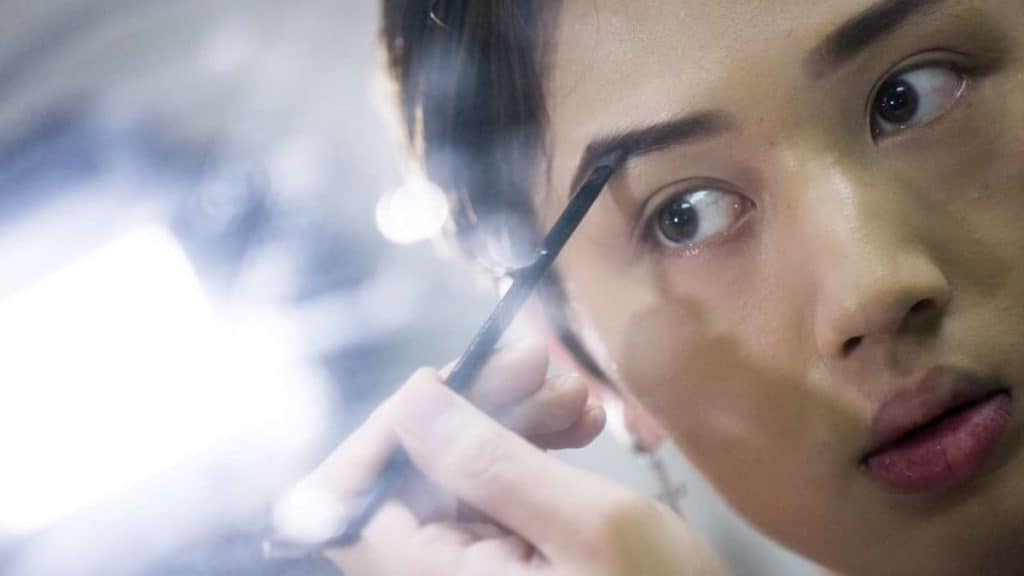
The new guidelines come as authorities are becoming increasingly critical of the trend that some call “man-woman.” In the line of fire, the song stars who wear makeup or who do not conform to the male stereotypes prevailing in traditional Chinese culture. Some Chinese call them “fresh meat”, and for them this hinders traditional social values.
While the document was welcomed by some producers and livestreamers, others found some of the plan’s wording problematic.
“A person’s gender expression has no connection to their talent, character and whether or not they are patriotic or contribute to society,”
Ah Qiang, a member of a Guangzhou-based NGO that has worked with sexual minority groups for many years.
“It’s discrimination against those who have a neutral or more feminine gender expression. It’s a conflict between a backward beauty standard and [the individualism] of modern society.”
Staff Writer and Associated Press
Limitation of the Online fan culture : the center of crackdown
Chinese media regulators are also targeting what state media have deemed “inappropriate” idol worship.
Online celebrity fan clubs have become a widespread phenomenon in China. According to a report published by iResearch Consulting Group in 2020, the market value related to the fan economy in China was estimated to be more than 4 trillion yuan (HK$4.81 trillion) in 2019, and was expected to exceed 6 trillion yuan by 2023.
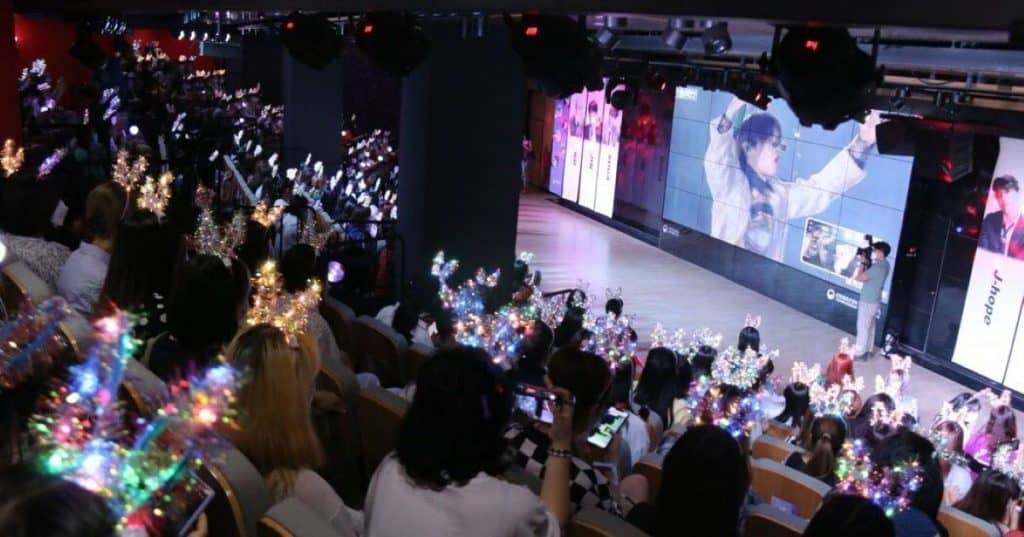
China’s cyberspace administration has put in place regulations to stamp out what it calls “toxic fan culture.”
Celebrity agencies will be subject to stricter rules on content distribution, commercial promotion and fan management. Agencies have been ordered to take a greater role in monitoring fan groups to address accounts that start fights between fans.
End of Boybands?
Teenagers are not allowed to join fan clubs. They are also prohibited from voting online for idols and spending money on idol-promoting activities, including buying products for which an idol is a spokesperson. Authorities said the measure was aimed at preventing fan culture from disrupting their studies and daily lives.
Celebrity influence restriction
Under the new regulation, all celebrity ranking lists will be removed. Rankings of music, movies and other works by celebrities can be kept if they do not directly quote the stars.
Jing Wang associates , international Lawyer commented on China’s new policy, saying, “Many organizers of fan communities are not really fans, but economic actors who seek business opportunities by supporting or cultivating idols and profit from them.”
In conclusion
To show cooperation, Weibo removed the “Star Power Ranking List,” a virtual platform where fans paid money and time to show their love and support for stars. This was done “to ensure the orderly development of the community and channel the rational hunting of stars by fans.”
Celebrity rankings on the platforms have been suspended on Douyin and Kuaishou.
And finally, iQiyi, also announced cancelled its idol contest and any online voting function for the next few years.
You work in the entertainement industry and need advisor for China?
We can help you, we can make research we can guide you with the right approach.
Opportunities still exist
What a place for foreign business in the entertainement industry in China?
30 min free call you have nothing to lose.
